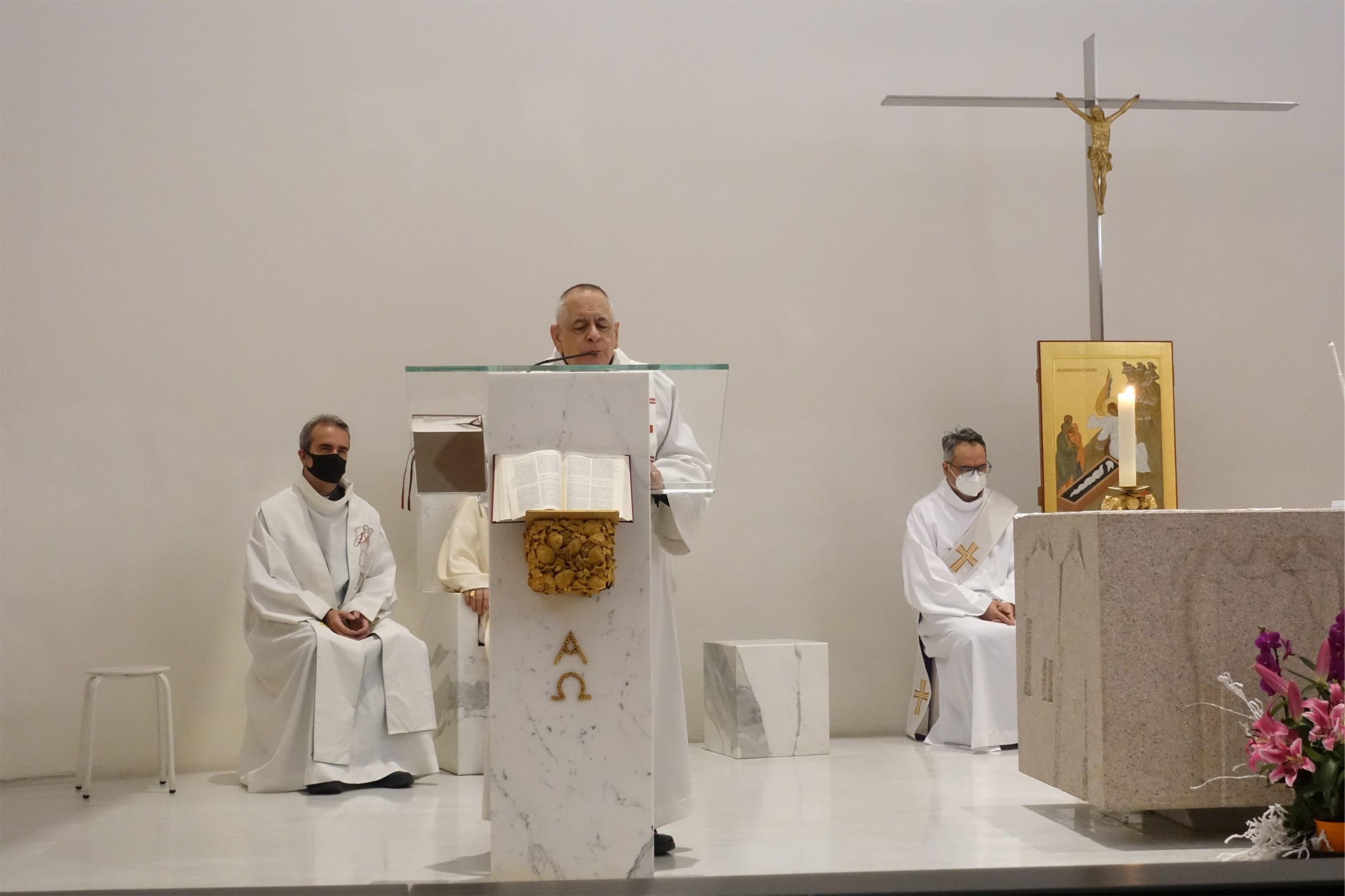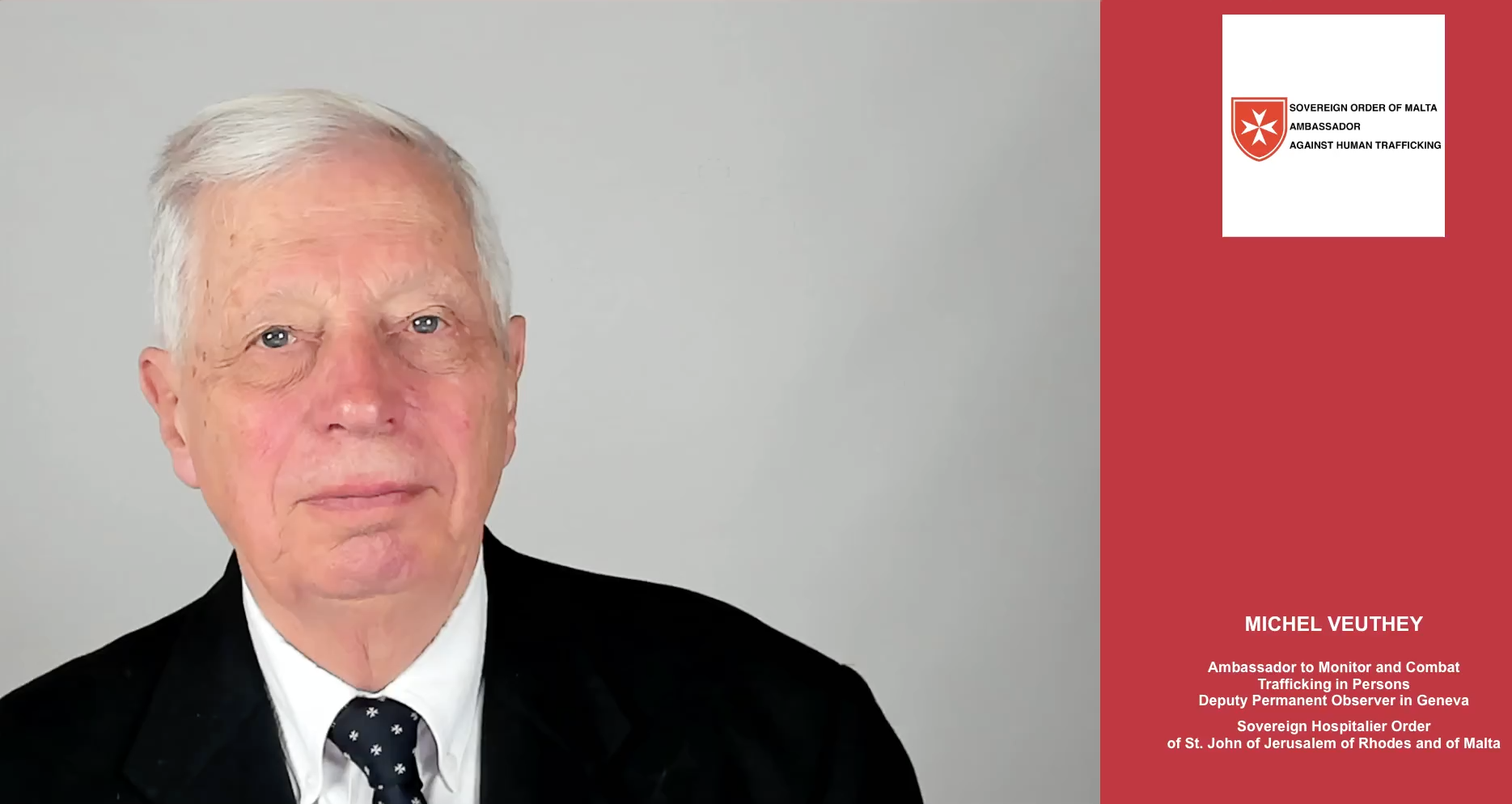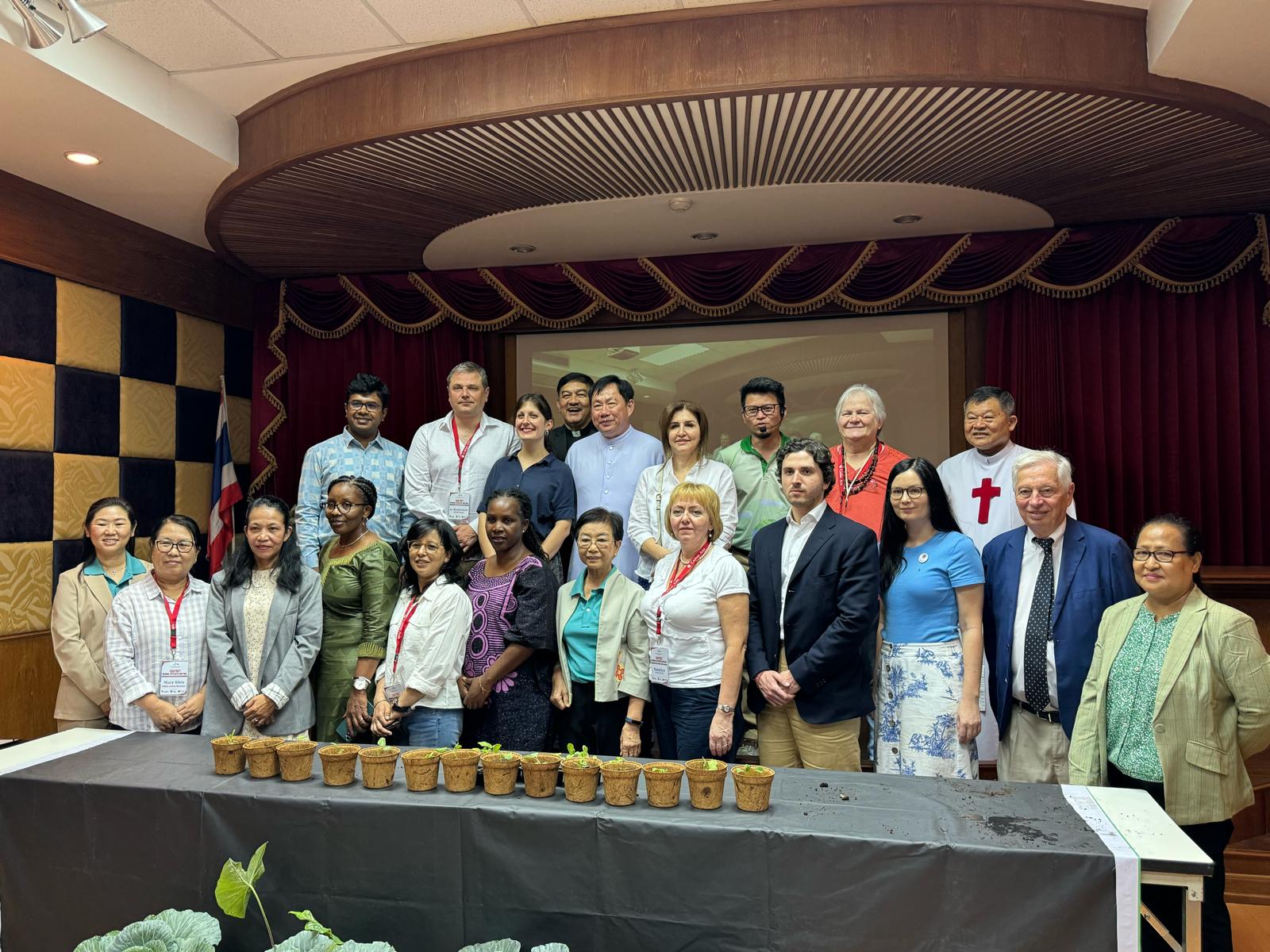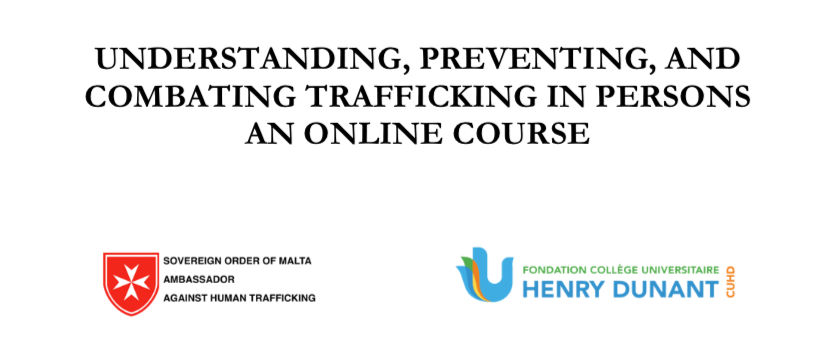Church of Sainte Trinité, Geneva, Switzerland
By Msgr. Robert J. Vitillo, 8 February 2021
Scripture Readings: Monday, 4th Week in Ordinary Times – Genesis 1:1-19; Psalm 103; Mark 6:53-56
Your Excellencies, the Apostolic Nuncio and other Representatives to the United Nations in Geneva, my brother priests, Revered Religious and all my sisters and brothers in the Lord,
Perhaps upon first listening, the relationship between the Scripture Readings, assigned for today, and the immediate purpose of our assembly this evening, may not seem self-evident. But, with a few moments of joint reflection and open hearts and souls, we can be assured of God’s grace and presence among us as we discern his Word and celebrate once again the life, death, and resurrection of His Son and Our Lord Jesus Christ. Indeed, by sharing His very Body and Blood through this Eucharistic sacrifice and memorial, we enter fully into the source and summit of all our prayer.
The first reading, taken from the beginning of the Old Testament, recalls the decisive action by the Creator God to form the heavens and the earth. We are told that God created light “and saw that it was good.” We will follow the Creation Story tomorrow as well, when we will hear that God completed this phase of humanly unimaginable creative power by fashioning man and woman in his own image and likeness and, once again, recognizing this fruit of His action as “very good”.
But, as we know, God gifted women and men with free will, and, both at the origins of our universe and to the present time, we often abuse that will by rejecting God’s ever-present love and preferring to act under cover of darkness, deceit, and disrespect, both for our common home in this world, and for our sisters and brothers in this human family.
Most of us have assembled out of deep concern and overwhelming sadness at the dark and sinful action that is constituted by human trafficking and other forms of modern-day slavery. In fact, our Holy Father Pope Francis has joined his predecessors by, correctly and, without hesitation, labelling this heinous action as a crime against humanity.
St. Josephine Bakhita, whose memory and holy life we honour today, experienced this crime in her very body, mind, heart, and spirit. Born in Sudan, she was kidnapped by slave traders, beaten and physically scarred for life, and sold five times in slave markets. Finally, she was bought by an Italian merchant, trafficked to Italy, and served the family of an Italian diplomat, who loved her deeply and eventually helped her to discover a “master”, or paron, as she learned the word in Venetian dialect, who is the source of all good, which became manifest on this earth, through the loving sacrifice of His only Son, the Emmanuel, God-with-us. This was the love for which she thirsted for her entire life but which she never hoped to experience. And she was even more amazed that this paron had Himself been flogged and nailed to a cross – in order to overcome all evil, sin, and death forever, and to invite her and all of us to a share in the divine and eternal goodness of Paradise. Josephine had to overcome more barriers in life- to receive Baptism, to confront the Italian authorities in order to seek emancipation, and to be accepted into the religious congregation of the Canossian Sisters.
Sr. Josephine put her religious life into action by promoting missionary vocations in Italy – she wanted so desperately to preserve the charism that helped her to experience liberation, by introducing her to the kind, meek, and gentle Master, the Lord Jesus Christ. As Pope Emeritus Benedict XVI described her vocation, “The hope born in her she could not keep to herself; this hope had to reach many, to reach everybody.”
Today, under the heavenly patronage and protection of St. Josephine Bakhita, we challenge ourselves to confront the complex, overwhelming, painful, hurtful, destructive phenomenon of human trafficking. In doing so, we dare to literally look evil in the eye. For decades upon decades, after slavery was officially banned in many parts of the world, we deceived ourselves by thinking that it had been eradicated by mere legislative or judicial fiat. But thanks to the courageous witness of many believers in Jesus’ Gospel and in other religious traditions, among whom the Catholic Religious Sisters have played a heroic role, we now are keenly and painfully aware of the millions of girls and boys, women and men whose God-given dignity is denied and abused, on this very day, and throughout the entire world, and who are subjected to the same physical, emotional, and spiritual scarring that was suffered, during the nineteenth century by St. Josephine Bakhita.
As we join in humble prayer today, let us not give way to doubts and fears about our ability to face such shrouded, entwined, but incredibly lucrative, global evil as human trafficking. Let us remind ourselves that, by presenting his own back to be scourged, and his own arms and body to hang on the Cross, Jesus restored light to a world darkened by sin, and offered the gift of eternal life to his sisters and brothers whose bodies and souls are subject to earthly suffering and death. Let us touch, spiritually, the cloak of Jesus, as did his first followers, since the Gospel passage for today tells us that, in so doing, they were cured. And let us journey with, and listen to, the survivors of human trafficking, and be courageous enough to learn from them how we could prevent this crime from perpetuating itself through our all-too-prevalent “culture of indifference” to the physical, social, economic, and social peripheries that continue plague our fragile world.
I will close with the words of Pope Francis, ““We Christians believe and know that Christ’s resurrection is the true hope of the world, the hope that does not disappoint … it is the power of that love which humbles itself and gives itself to the very end, and thus truly renews the world … it bears the fruits of hope and dignity … where there are migrants and refugees (so often rejected by today’s culture of waste), and victims of the drug trade, human trafficking, and contemporary forms of slavery.(Easter, 2018).”




